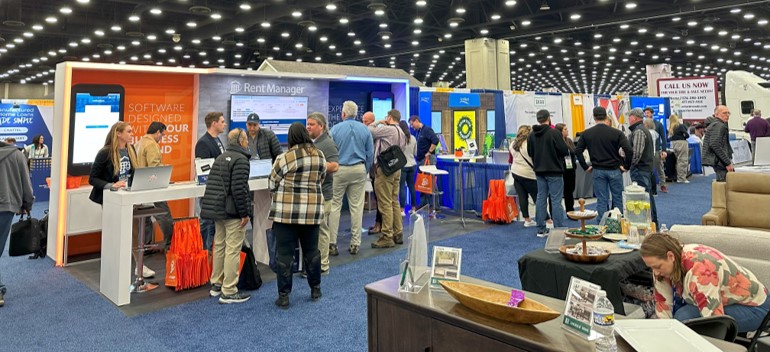Consistent property inspections help find issues that may create future problems if left unattended. Completing inspections can be a challenge, especially if you and your staff have limited bandwidth to stop by units and schedule visits that align with your residents’ schedules.
While it makes perfect sense to conduct an inspection before and after a move-in, conducting periodic examinations throughout a rental agreement can also open the communication between property managers and their residents by addressing any concerns either party may have, and right whatever wrongs may appear.
How Often Should You Conduct Inspections?
Units should be inspected every 3-6 months. Conducting periodic inspections and addressing any discovered issues is a great way to keep residents satisfied. When residents are happy with their service, they’re more likely to stay. This helps keep resident turnover low, leading to better care for the property in the long term.
By using a digital inspection app, you standardize every aspect of the inspection. There is no second guessing when a property manager asks, “How’s it going?” or a resident mentions something in passing.
So, What Should Be Included In Periodic Inspections?
The weather is a great indicator. If you live in an area that touts all four seasons, the calendar provides a perfect schedule to examine properties as seasons change.
Involving residents in inspections not only saves time but ensures your property stays in prime condition. Assessments should be done more than once a year, but it’s advisable to inspect units regularly throughout the lease. Quarterly check-ups give good insight into the unit condition and by having residents conduct periodic inspections you can prevent maintenance issues down the road and address possible issues sooner.
Changing air filters, smoke detector batteries, and carbon monoxide batteries are essential. With resources like RentCheck, you can send a resident a one-off inspection request directly to their smartphone. The app will alert them to change the air filter and take a picture of the old one and the new one to ensure they changed it. The same protocol applies for smoke detector batteries and exterior inspections.
You should also make your inspection schedule clear in the lease agreement. A landlord can conduct a drive-by examination at any time; however, to enter a resident’s home requires advance notice. Always check with your local or state regulations regarding property manager and resident rights.
Conclusion
Overall, periodic inspections are an important aspect of property management. A five-minute asset review could help avert significant expenses down the road, and with modern tools, it’s easier and quicker than ever to keep track of the condition of your properties. Keeping the lines of communication open between residents and property managers also helps keep tabs on the property, saves money, and builds trust.
This blog was submitted by RentCheck, a property inspection app that saves you time and resources with easy self-guided inspections that residents can perform themselves. Avoid tenant coordination, eliminate drive time, and standardize your inspection process. Connect your properties and tenant directory to RentCheck through the Rent Manager integration.






